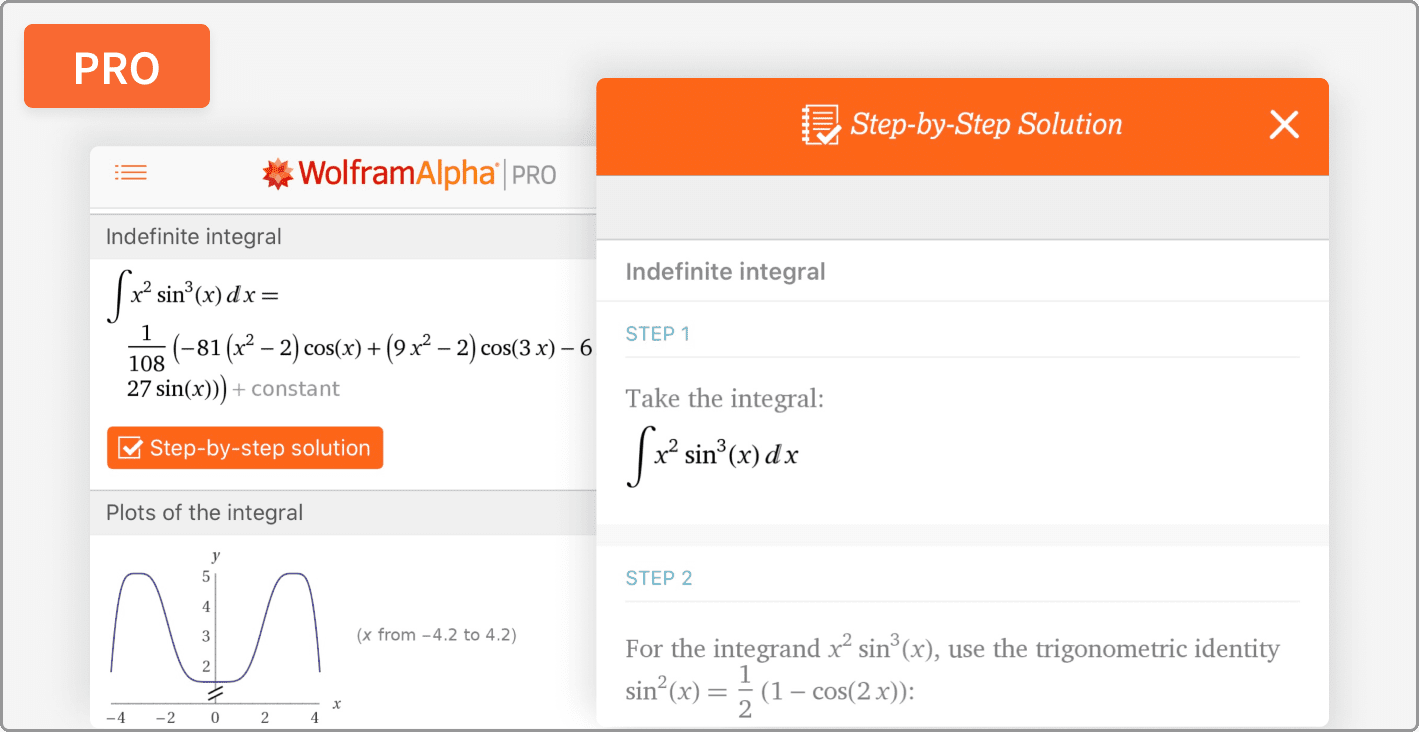Artificial Intelligence and Machine Learning are the buzzwords in today’s times. The youth today and anybody who has a knack in the field of machines, software, and the internet, try to find out more information about it. This topic is so high in demand in the job market today that Indian job seekers want to do short-term AI and ML courses to increase their job prospects. In this regard, it is important to note that there is a lot of wrong information about AI and ML.
Be it a lack of clarity and precision in the definition of the terms, or the over-enthusiasm of the PR, media, or people in the field who spread the word about Artificial Intelligence and Machine Learning with such fluency and lack of fact-check, that a lot of misinformation that is far away from reality does the rounds among the common people.
In this article, we aim to clarify the myths regarding Artificial Intelligence and Machine Learning so that candidates who are interested in pursuing AI and ML courses in Bangalore, Hyderabad, Pune, and other major tech cities have a realistic idea about what to expect from these aspects.
Myth 1: Artificial intelligence, Deep learning, and Machine learning are the same.
Reality: Artificial intelligence refers to the ability of machines to display human-like intelligence. This can be achieved through various techniques. Lack of precision and clarity in the definitions of the terms and usage of these terms interchangeably among PRs, reporters, and tech firms without looking for their exact meaning makes one think that all these terms are one and the same. However, the reality is, Artificial intelligence, machine learning, and deep learning are interrelated but not exactly the same.
Machine learning is a technique used in artificial intelligence which provides data to machines so that they can produce the desired results. Machine learning aims to teach machines how to learn like human beings. Deep learning is a sub-branch of machine learning. Inspired by layered neurons of the brain and interconnecting, deep learning aims at making sense of unstructured data.
Myth 2: Artificial Intelligence will replace jobs done by human beings
Reality: A mass of people fear the onset of artificial intelligence will take over humans’ jobs. This was a fear among people even during the industrial revolution. Earlier too, when computers were introduced in the business markets, people thought that human beings would no longer be required in the offices now that computers are there to do the work.
Along the same line, a certain percentage of people think that companies are resorting to artificial intelligence for the cost-cutting of business and because they do not think about their employees.
It is true that the knowledge provided by AI and ML courses can replace some tasks; however, these are only those tasks that are quite basic, simple, and repetitive. Artificial intelligence is not yet developed to replace a task that requires empathy, creativity, face-to-face interaction, critical thinking, and other such qualities which reflect characteristics of human nature. Not the most intelligent device is able to think by itself.

While artificial intelligence can take away jobs, it will also pave the way for more jobs to be created. In December 2017, Gartner predicted that there would be 1.8 million jobs lost to artificial intelligence. However, on the flip side, they had also predicted that 2.3 million new jobs would be created. Companies want to implement Artificial Intelligence and automation to increase work productivity.
At the same time, implementing this also equates to lower prices, higher wages, higher demands, and employee growth. For employees who think that companies do not care about the workers when they implement artificial intelligence in the workplace, there is evidence that 65% of the companies that have planned to implement artificial intelligence in the workplace have also invested in training the current employees on artificial intelligence.
In an age of digitization, relying on the technology of artificial intelligence. The future scope for students who want to learn about fields related to artificial intelligence, such as computation, agriculture, robotics, data science, and health care, is immense. At present, there is a great demand for Artificial Intelligence.
There are numerous job posts in the field with not enough talents to fill the positions. While artificial intelligence is able to perform a high-level cognitive task, it is not yet able to perform many of the tasks that involve the perceptual and motor skills of many low-skilled workers.
Myth 3: The use of AI in the Finance industry is limited
Reality: The finance industry can make use of artificial intelligence for tasks such as data collection, and enhancing customer personalization experience, for example, in integrating robot Advisors and wealth management. The application of AI and ML in the finance industry is not limited to this.
Artificial intelligence finds application in fraud detection. Artificial Intelligence has the ability to continuously learn with every threat encountered and evolve with the changing situations. In 2017, the Centre for Finance, Technology and Entrepreneurship reported that more than 90% of banks use AI in some form for their front office jobs.
Myth 4 : My business does not require AI
Reality: There is a misconception that artificial intelligence is only used in fields that have mundane jobs. It is true that Artificial Intelligence can automate many repetitive tasks, but its use is not limited to tasks that involve comparatively low skills and repetitive behavior. Hospitals that use AI for chest X-rays are able to detect diseases accurately faster than radiologists. AI is used in the finance and insurance industry for Wealth Management and the detection of fraud.
As earlier stated, in 2017, more than 90% of banks were reported to use AI for their operations. Experts predict that in the next 4-5 years, not only will AI significantly impact all industries but that it will be able to do 69% of the work that a manager today is required to do.
Conclusion
There is a misconception among many that artificial intelligence is an unnecessary luxury at times of the pandemic-stricken job market. The reality is that artificial intelligence has helped to generate business revenue and optimized costs. It enabled the continuity of business by improving customer interactions, automating decision-making, predicting threats, and analyzing data during a time when businesses were going through crisis situations.
The top management of a company that thinks that it does not need AI for its future business strategies should be aware that AI will take over almost all industries in the days to come.
So, even if it is not an immediate solution to the business problems today, it is necessary to rethink if the companies really do not need to implement AI for their upcoming business strategies.








